Invisible squares and hidden lines!
The previous instalment of The Problemist Diary series dealt with a geometric theme distinctly graphical in nature. But geometry doesn't have to be purely visual, it might as well be conceptual, underlying relationships between squares and lines, and pieces that occupy or move along them. Today's article is also about chessboard geometry but the flavour is bent more towards the strategic and the abstract side of it. This time, the author Satanick Mukhuty, brings you a feast of tactical fantasies based on the well-known clearance theme. Five old and new assorted directmates, all by renowned specialists of the problem art, have been presented with in-depth analyses. So what are you waiting for? Put your thinking caps on and plunge in!
The Problemist Diary - Part VI: Clearance
All strategy in problem chess is based on concrete interplay between square and line effects. Those are broadly the two categories of strategic ideas we encounter, one involves the occupation and vacation of squares, the other focuses on lines as utilized by the three long-range linear pieces: queen, rook, and bishop. In this article we limit our discussion specifically to clearance themes. As one would recall from lessons in basic chess tactics, the term clearance describes the deliberate sacrifice of material with the goal of "clearing" either a square or a line. Here we delve into its more general connotations in the context of chess problems.
Problem 1
Hermann Weißauer, Main-Post 1976
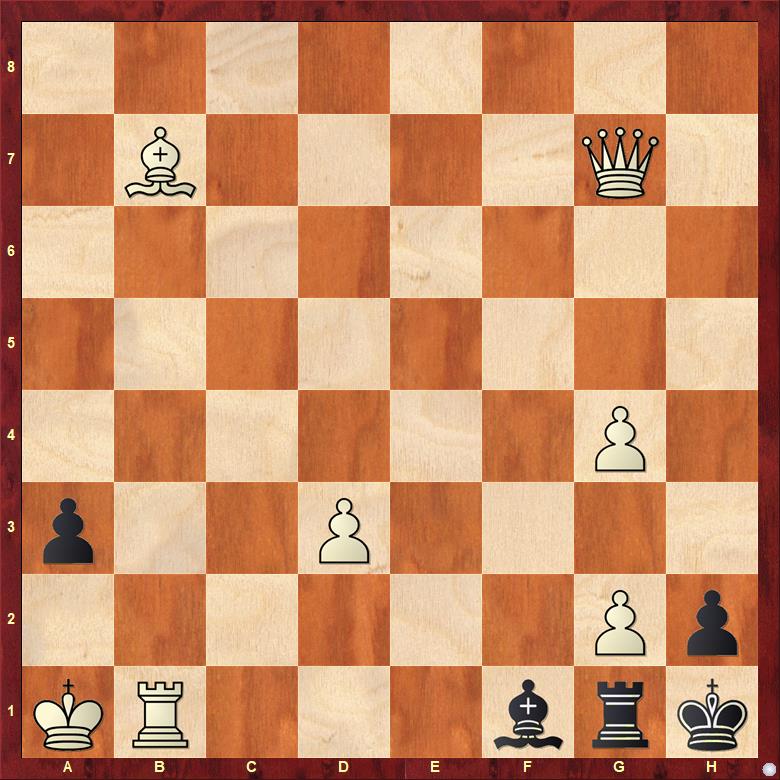
Our first example is a straight-forward illustration of square clearance. A piece moves in order to vacate a key square for another piece. The subtle 1.Ka2! is the key - the idea is to vacate the a1 square for the rook and possibly also for the queen. But wait, does it not allow Black to check the white king? That actually adds to the paradox of the key, after 1...Rxg2+ White has the beautiful 2.Qb2!

3.Qxg2# is threatened and both of Black's rook and bishop are pinned. If 2...axb2 then comes 3.Rxf1#, and if 2...Kg1 then simply 3.Qxg2#. Checking the white king doesn't work, so what else? 1...Be2/ 1...Bxd3 is met with 2.g3+ Bf3/ Be4 3.Bxf3# /Bxe4#; 1...Bxg2 2.Ra1! and now the point behind vacating the a1 square stands clear 2...Rxa1 comes with 3.Qxa1#, and 2...Bxb7 with 3.Qxb7#
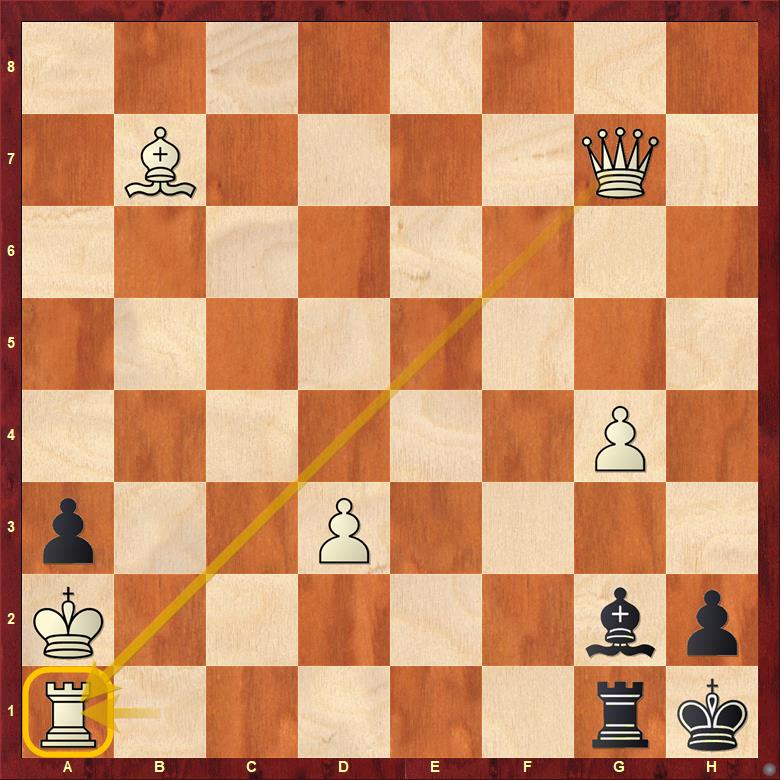
Replay the full solution with complete variations below:
Problem 2
Frank Healey, Bristol Turnier 1861, 1st Prize
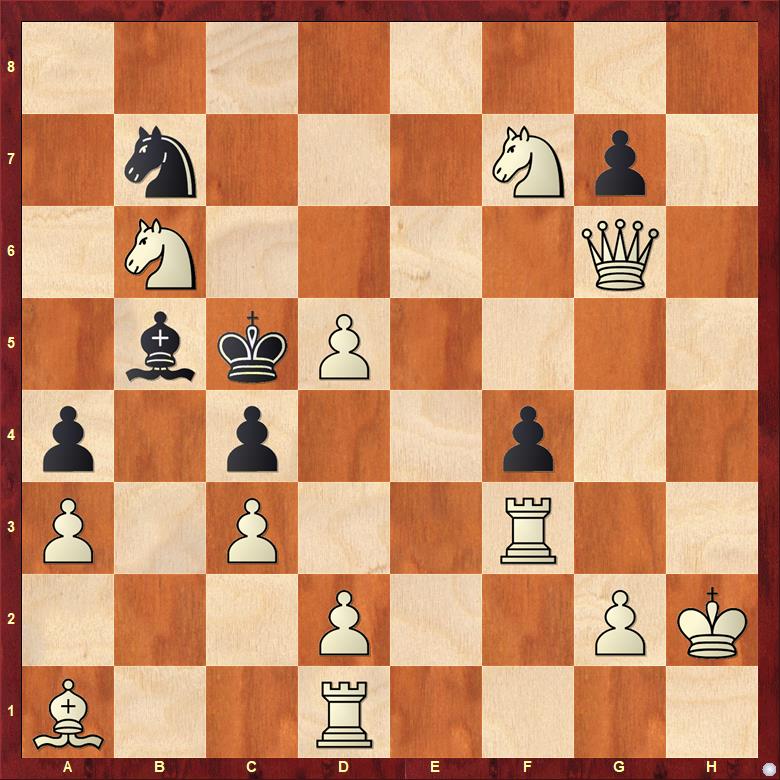
'2' is a classic and the origin of the very special type of clearance theme known as Bristol. The idea is theoretically defined as follows: A linear piece (eg: queen, rook, bishop) moves along a line to enable another similarly moving linear piece to move along the same line in the same direction. In the diagram above, there are mates already set for some of Black's responses, 1…N-any 2.Qd6# and 1…Ba6/ Bc6 2.Qc6#, but White has to deal with the unprovided 1…Bd7/ Be8. The only way is 1.Rh1! a spectacular waiting key that makes room for the g6 queen to move along the first rank. Now 1…Bd7/ Be8 is answered by 2.Qb1! (threat: 3.Qb4#) and if 2...Bb5 then comes 3.Qg1# - the queen delivers mate moving along the 1st rank in the same direction as the rook.
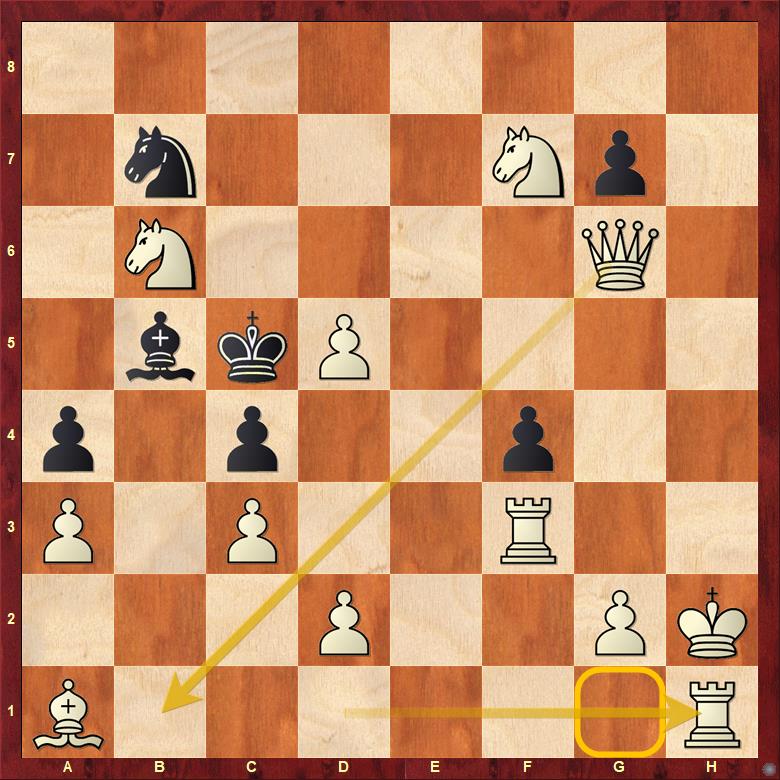
A few things need to be duly stated here, the key rook becomes redundant after the first move and therefore in the overall solution serves no other purpose apart from clearing the first rank for the queen and facilitating the Bristol maneuver, this makes the problem a pure rendering of the Bristol theme. The principle of purity of aim refers to the artistic requirement where each move in the solution must carry only one specific purpose unmixed by other motifs or elements. The problem lacks in economy of material or force as discussed in our first article but exemplifies instead the principle of purity of aim.
Replay the full solution with variations below:
The Bristol theme has led to a wealth of problem literature with different composers trying to come up with different renditions of it from time to time. Next problem we see is by the German chess composer and player Wilhelm Hagemann who created it inspired by Healey's original.
Problem 3
Wilhelm Hagemann, Deutsche Arbeiter-Schachzeitung 1928-09, 2nd Prize
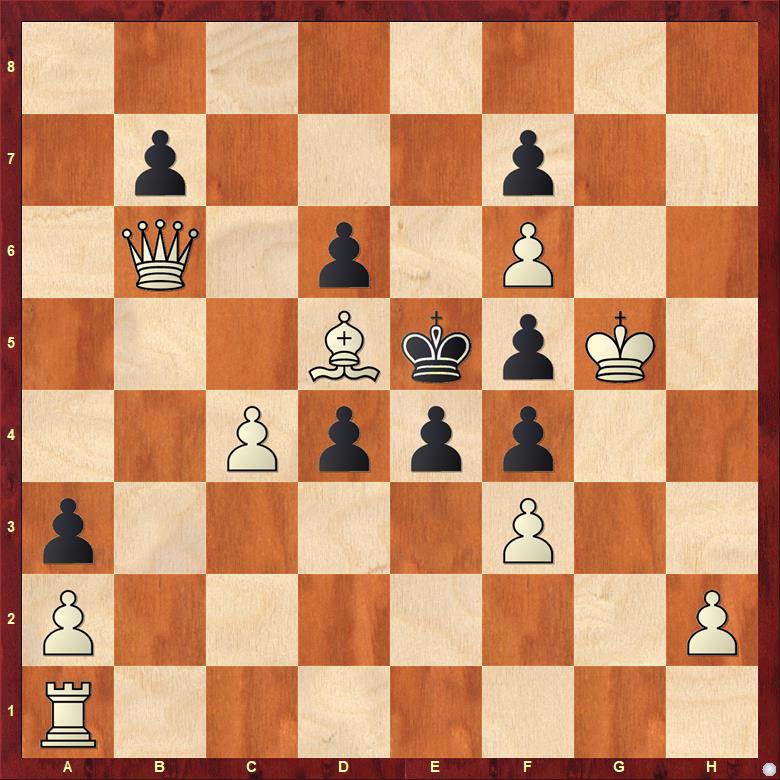
The key move is same as in '2', 1.Rh1! clearing the first rank and setting up a zugzwang. 1...d3 2.Qg1! now 3.Qa1# is unstoppable; 1...e3 2.Qb1! threat: 3.Qxf5#, if 2...d3 then 3.Qa1#
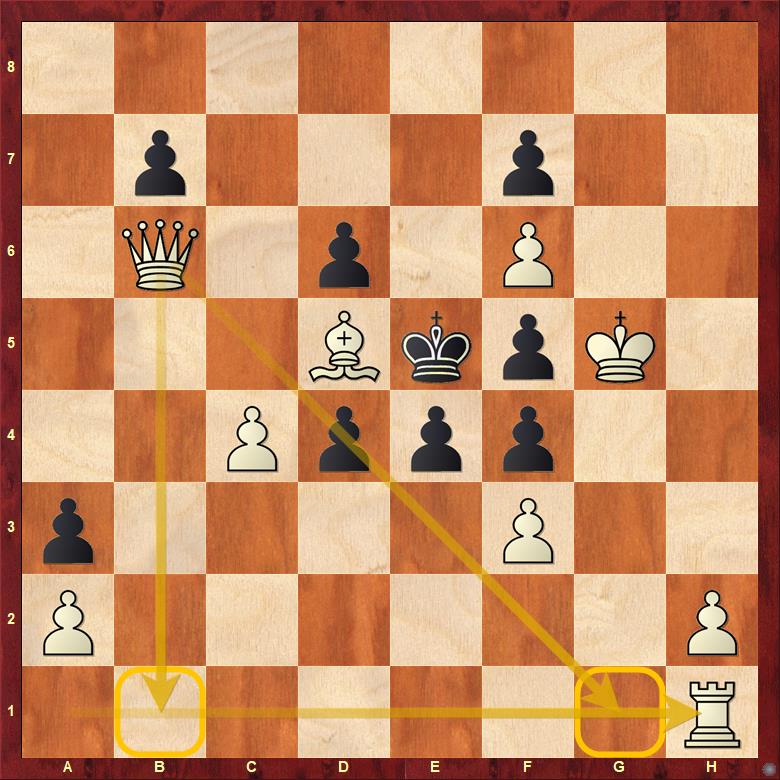
In the next two problems we explore line clearances. The first one is a great masterwork of Dr. Milan Vukcevich which deservingly won the 2nd Prize in the 6th WCCT.
Problem 4
Dr. Milan Vukcevich, 6th WCCT 1996, 2nd Place 1996-2000
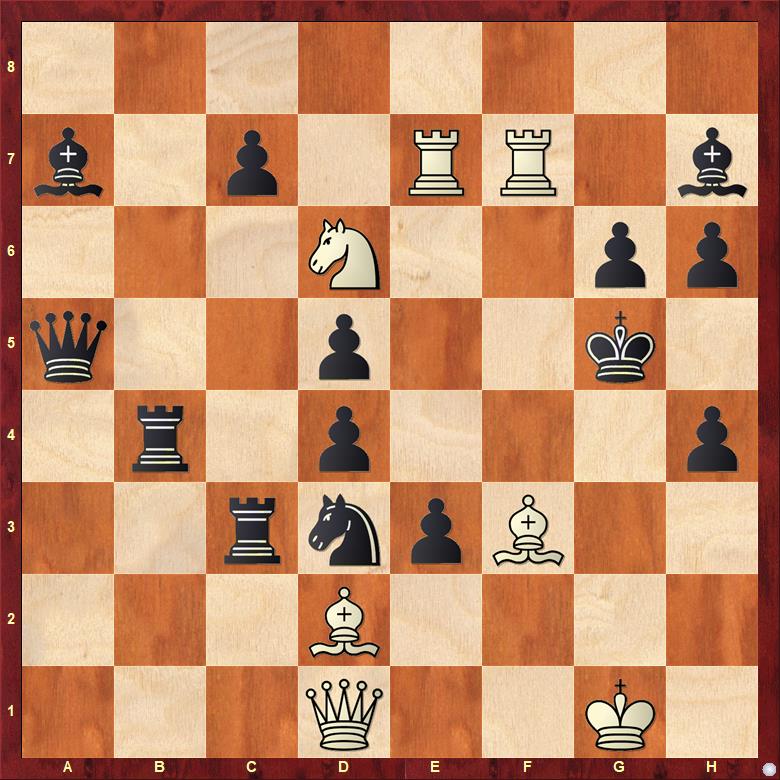
The key move 1.Kh2! comes with the simple threat of 2.Qg1#, how does Black parry this? 1...Ne1, 1...Nf2, 1...Nf4 simply runs into 2.Re5#; 1...h3 is met with 2.Qg1+ Kh4 3.Qg4#; 1...h5 2.Qg1+ Kh6 3.Rxh7#. The most testing moves are therefore 1...Rc1, 1...Rb1, and 1...Qa1 which give us the following three thematic variations:
(a) 1...Rc1 2.Re5+ N×e5 3.Ne4+ d×e4 4.B×e3+ d×e3 5.Qd8#
(b) 1...Rb1 2.B×e3+ (2...Nf4 3.Re5#/ 3.B×f4#) 2...d×e3 3.Re5+ N×e5 4.Ne4+ d×e4 5.Qd8#
(c) 1...Qa1 2.Ne4+ d×e4 3.B×e3+ (3...Nf4 4.Re5#/ 4.B×f4#) 3...d×e3 4.Re5+ N×e5 5.Qd8#
What we see in the above lines is the vacation of five units on the d-file in three different ways with each combination ending with the stunning blow 5.Qd8#
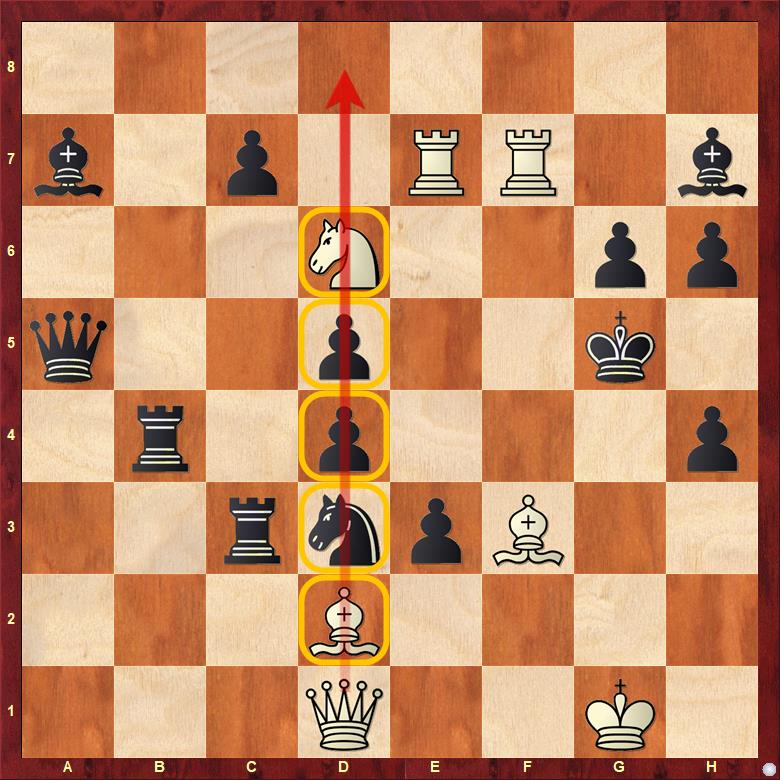
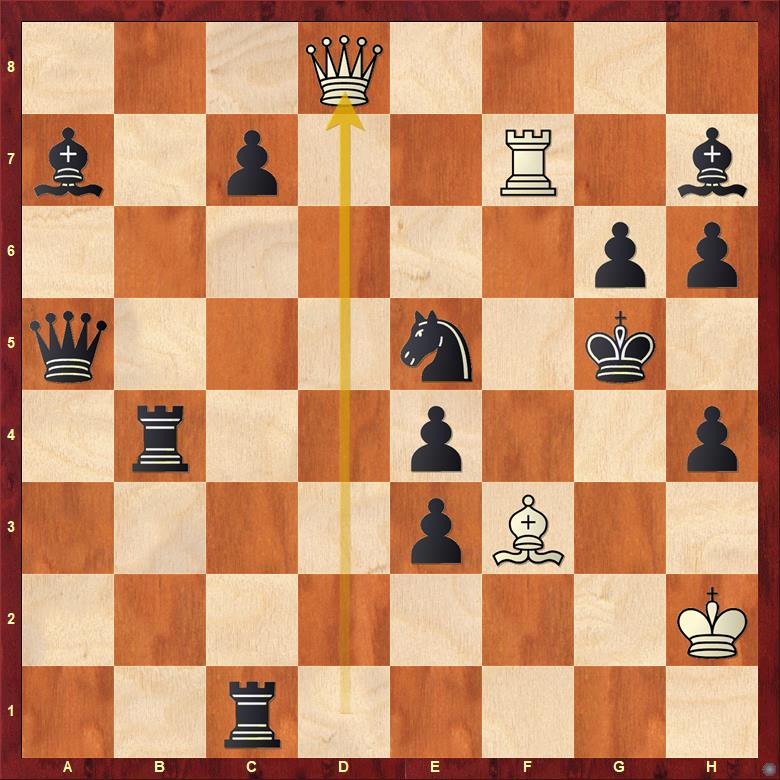
Play it out here:

The final problem of this article demonstrates clearance sacrifices played out in an amazing scherzo like cascade. Hold your breath as we unfurl this stunning masterpiece before your eyes!
Problem 5
Vyacheslav Nikolayevich Andreyev, The Russian Team Championship 1986, 1st Prize
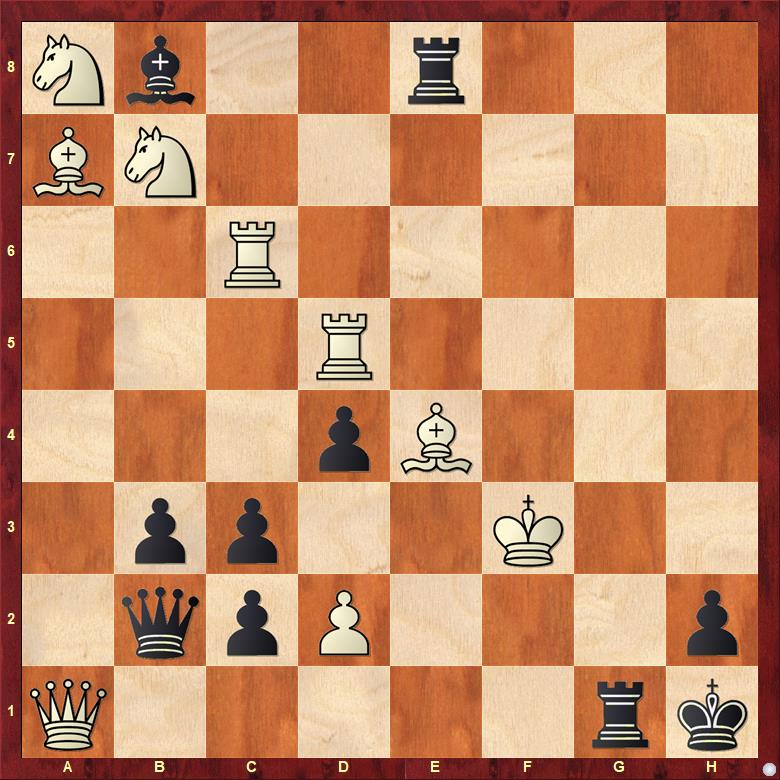
White has a bishop-king battery directed at the black king, the only piece preventing White to fire it is the rook on e8. The solution begins with 1.Re6! (threat: 2.Kf2#) 1...Rxe6 2.Re5! Rxe5 3.Bc6! Re6 4.Nd6! and in comes more sacrifices!
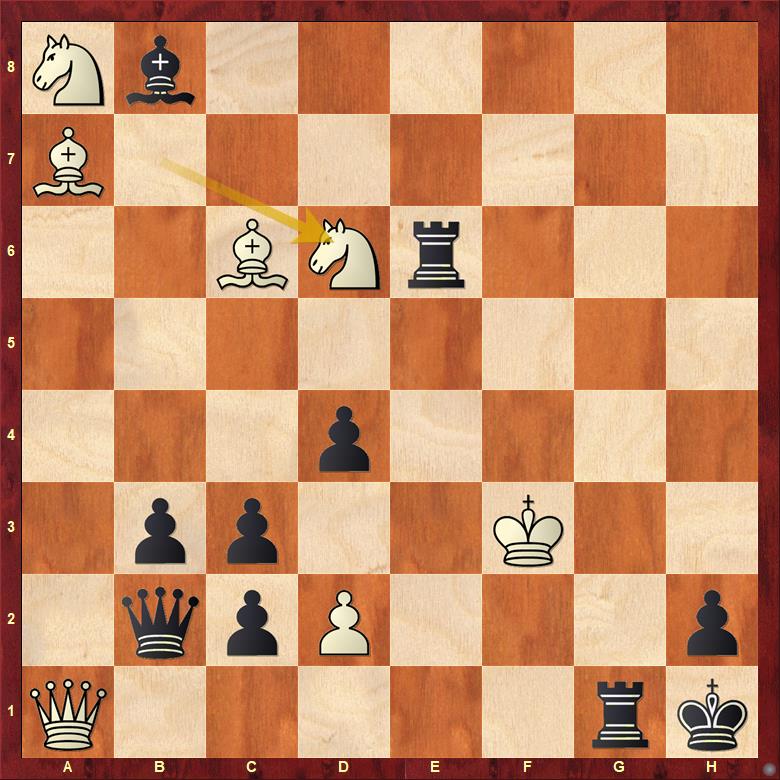
The play continues 4...Rxd6 5.Bb7! Rd7 6.Nc7! Rxc7 7.Ba8! now 7...Rxa7 is forced, next White gives up this light-squared bishop too 8.Kf2+! Rxa8 finally comes 9.Qxa8+! Rg2+ 10.Qxg2#
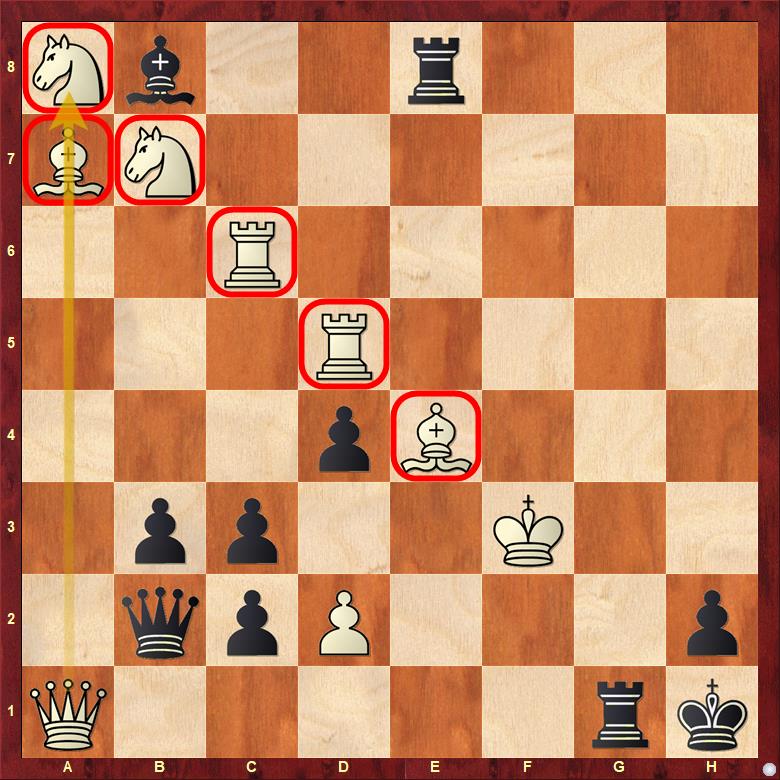
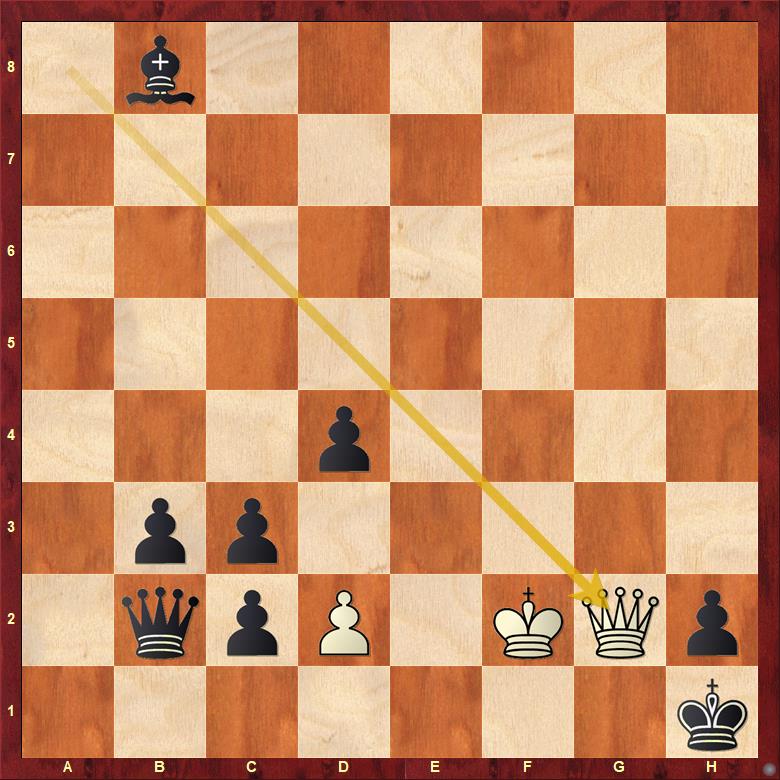
Play this brilliant combination out below:
Note: The author of this article has presented a modified version of problem 5 after an error in the original position was pointed out by a diligent reader.
About the author

Satanick Mukhuty is an author and social media manager at ChessBase India. He has a background in Mathematics. He is an avid enthusiast of composition chess and is sincerely committed to promoting it around the world.














































